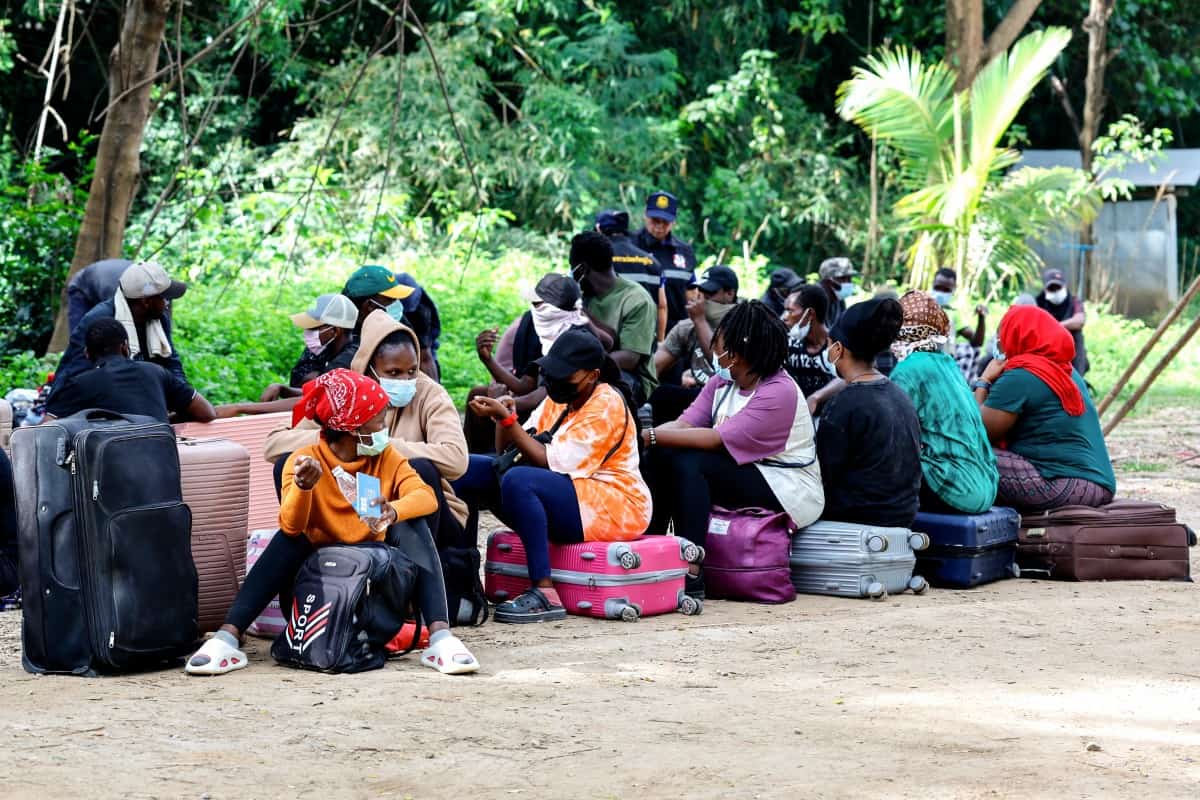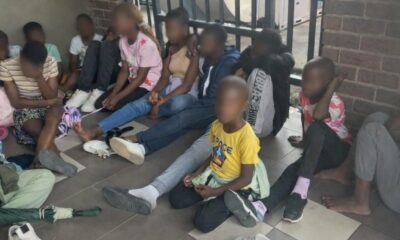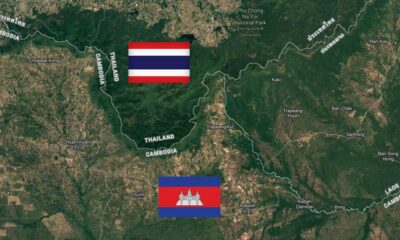Roughly 50 South Africans remain stranded in Myanmar after fleeing a notorious scam and human trafficking centre, sparking urgent calls from NGOs for government intervention.
The victims, initially lured by false job offers in Thailand, were smuggled across the border into conflict-affected Myanmar, where they were forced into the infamous KK Park compound, a site reportedly controlled by Chinese triads and linked to severe human trafficking operations.
Courageous escape
According to Brave to Love, a South African NGO assisting victims in the region, the breakout began when four South African men, previously isolated from the group, gathered near the compound’s gate. Under the watch of armed Myanmar military personnel, they started a prayer gathering that soon drew other victims from countries including the Philippines and Kenya.
Demonstrating remarkable bravery, the group overpowered the guards and breached the compound, allowing about 1 000 individuals to escape into the streets. A smaller subset of South Africans was later held hostage by corrupt officials but were eventually released after ransom payments and NGO coordination.
Urgent calls for repatriation
Willem Els of the Institute for Security Studies warned that the stranded South Africans are extremely vulnerable. “They are being exploited by everyone. Once they are back in Thailand, it will be easier to repatriate them safely to South Africa,” he said.
Brave to Love spokesperson Emma van der Walt echoed the urgency, urging South Africa’s Department of International Relations and Cooperation to expedite emergency travel and repatriation arrangements for the victims.
Department spokesperson Chrispin Phiri has yet to respond to requests for comment.
Background and context
Human trafficking and cross-border scams have become increasingly prevalent in Southeast Asia, with victims lured by promises of lucrative jobs. Myanmar’s conflict zones provide traffickers with the cover to operate with relative impunity, while international victims, including South Africans, are left trapped far from home.
Social media has seen a surge of concern from South Africans, with citizens calling for immediate government action and sharing stories of families desperate for news of their loved ones.
The situation highlights the risks faced by job-seekers abroad and the need for stronger preventative measures and diplomatic support for citizens caught in such dangerous circumstances.




























